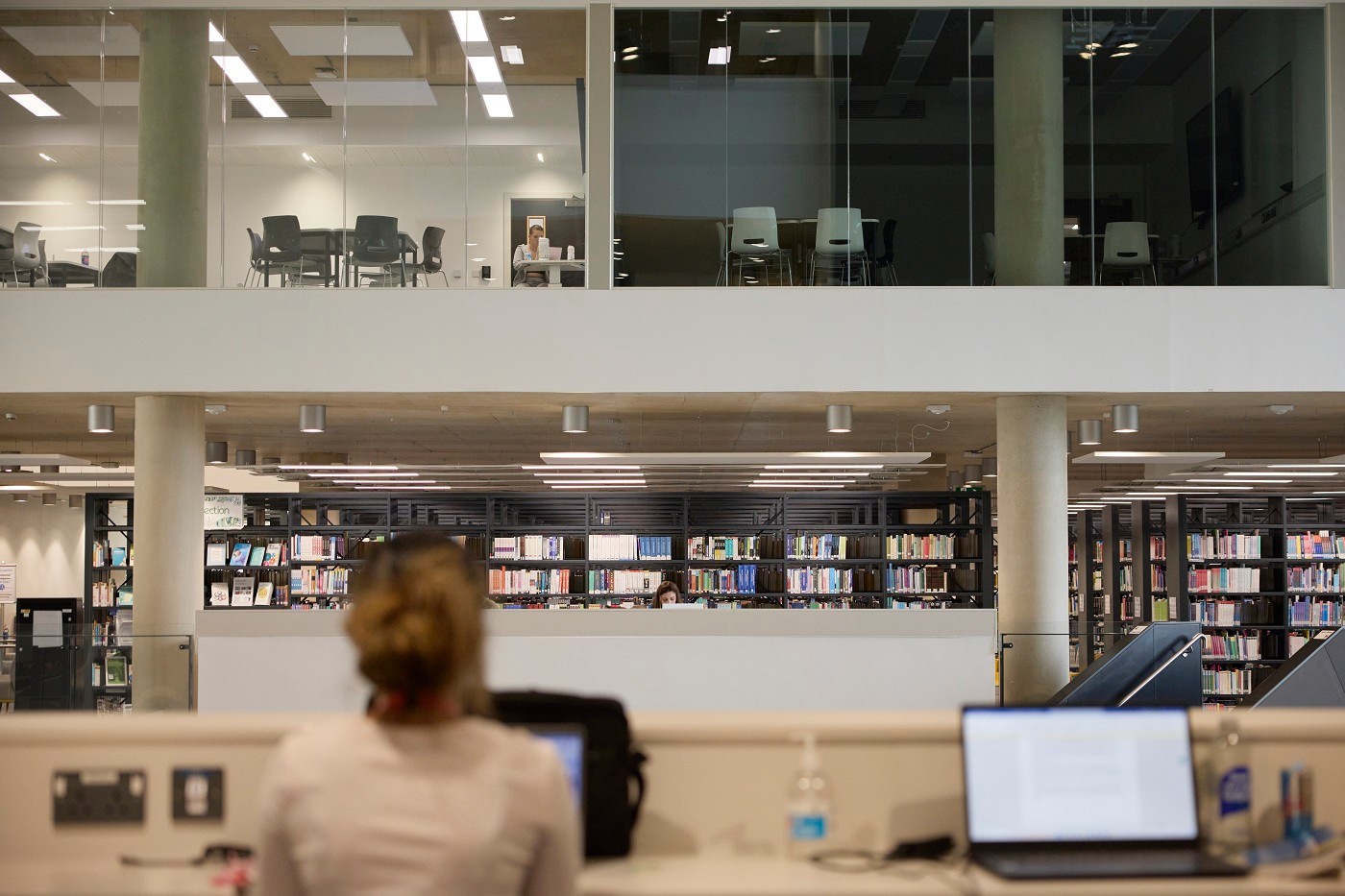Enhancing Student Learning with AI: A ChatGPT Success Story
Date 1 February 2024
1.02.2024Senior lecturer in the Faculty of Health, Education, and Society Lisa Smallwood, explores AI's role to enhance her students' learning experiences

Lisa Smallwood, a senior lecturer in the Faculty of Health, Education, and Society, specialising in the Department of Children, Young People, and Families, explores AI’s role to enhance her students’ learning experiences.
Listen to Lisa's interview here
Using ChatGPT for Generating Ideas
Lisa’s exploration of AI led her to ChatGPT, a language model known for its text generation capabilities. She used ChatGPT to simulate questions students might ask regarding their placements. For example, she asked how students could develop actions as they progress through their hours in a youth club, which is a common placement setting. ChatGPT generated responses like examining policy and procedures, considering the youth center’s role in the broader context of children and young people, and building relationships with both staff and the youth themselves. These insights helped students create robust action plans for their placements.
Enhancing Leadership Skills
For Level 6 students required to demonstrate leadership, Lisa sought guidance from ChatGPT. She asked how students could show leadership in their placements and received suggestions such as leading sessions and developing presentations or activities tailored to the interests and concerns of young people. This guidance not only provided students with actionable ideas but also empowered them to excel in their roles as future practitioners.
Choosing Reflective Models
Reflective writing is an integral part of students’ assessments, and ChatGPT proved valuable here as well. Lisa asked ChatGPT for recommendations on reflective models, and it suggested Gibbs, a widely-used model. While other models are available, Gibbs remains a popular choice among students.
Sourcing Relevant Literature
To assist students in finding relevant literature for their assignments, Lisa asked ChatGPT for book and journal article recommendations related to the topic area. ChatGPT generated a list of suitable sources, which Lisa cross-checked for relevance, ensuring they aligned with the curriculum and assignment requirements. This AI-powered bookshelf provides students with a solid starting point for their research.
Editing for Word Count
One of the significant challenges students face is meeting word count requirements for their reflections. Lisa found a practical application for ChatGPT by asking it to condense a 750-word reflection into 500 words. While ChatGPT successfully met the word count requirement, it omitted citations. This experience highlights the importance of students reviewing and refining their work post-editing to ensure accuracy and avoid plagiarism issues.
Empowering Students with AI
Lisa emphasized the importance of empowering students with AI while also teaching them to use it ethically. She believes that providing students with tools to simplify complex texts, generate creative content, and access AI-generated images can enhance their learning experiences and enable a more inclusive educational environment.
Conclusion
Lisa Smallwood’s journey into the world of AI and education is a testament to the potential of AI in enhancing student learning experiences. Through her creative use of ChatGPT, she’s demonstrated how AI can help students navigate their placements, develop leadership skills, find relevant literature, and even fine-tune their writing. As AI continues to evolve, it holds the promise of making education more accessible and empowering students to excel in their chosen fields.

Lisa has always been passionate about creativity and the arts completing her first degree in Drama and Theatre Arts at Middlesex University in 2004. Lisa’s interest in arts and health developed when she worked offering activities provision in a day centre for adults with additional needs. She went on to complete her masters in Dramatherapy at the University of Roehampton in 2011.